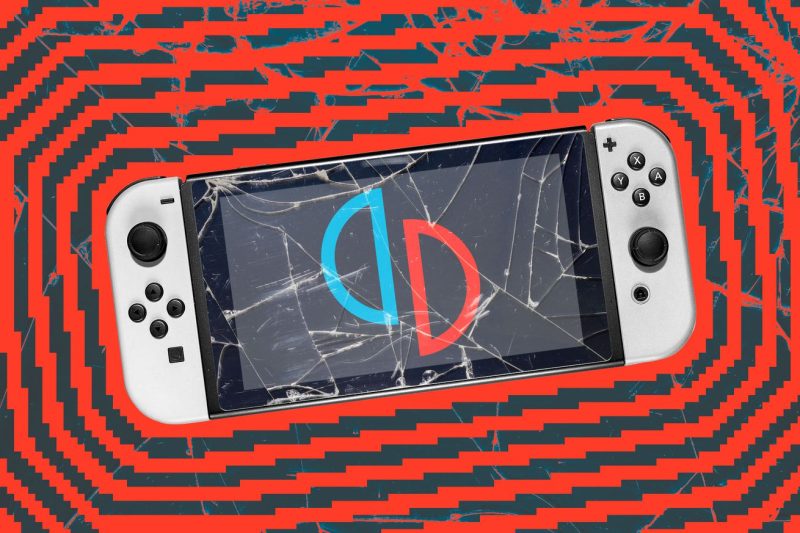In recent years, the emergence of emulators has allowed gamers to experience console-exclusive games on platforms of their choice. Emulation software such as Yuzu has gained popularity due to its ability to run Nintendo Switch games on computers. However, the legality and ethical implications of emulators have always been a point of contention in the gaming community.
Nintendo, known for its strict stance against emulators and piracy, has recently taken a decisive step to combat the growing use of Yuzu. This move has sparked a heated debate within the gaming and emulation communities. While some argue that Nintendo is well within their rights to protect their intellectual property, others believe that emulators serve as a way for players to enjoy games that they would not otherwise have access to.
The impact of Nintendo’s actions on Yuzu and the emulation scene has been significant. Many users who relied on Yuzu to play Nintendo Switch games on their PCs have been left in a state of uncertainty. Some fear legal repercussions, while others are concerned about the future of emulation technology as a whole.
One of the primary arguments against the use of emulators is that they enable piracy and can potentially lead to financial losses for game developers. By allowing players to play games for free that they would otherwise have to purchase, emulators undermine the revenue stream of game creators. This, in turn, can affect the development of future games and the sustainability of the gaming industry.
On the other hand, proponents of emulators argue that they serve a legitimate purpose beyond piracy. Emulation software can be used for preservation and archival purposes, ensuring that older games are not lost to time. Emulators also make it possible for players to experience games on different platforms, offering a level of flexibility that is not always available through official means.
The clash between Nintendo and Yuzu has brought these arguments to the forefront, prompting discussions about the impact of emulators on the gaming industry. As technology continues to evolve, it is likely that similar conflicts will arise in the future. It is essential for both game developers and emulator creators to find a balance that protects intellectual property rights while also ensuring that players have access to a diverse range of gaming experiences.
In conclusion, the ongoing battle between Nintendo and Yuzu highlights the complexities surrounding the use of emulators in the gaming world. While both sides have valid points, finding common ground will be crucial to maintaining a healthy and vibrant gaming ecosystem. It remains to be seen how this conflict will ultimately shape the future of emulators and their place in the gaming industry.




























